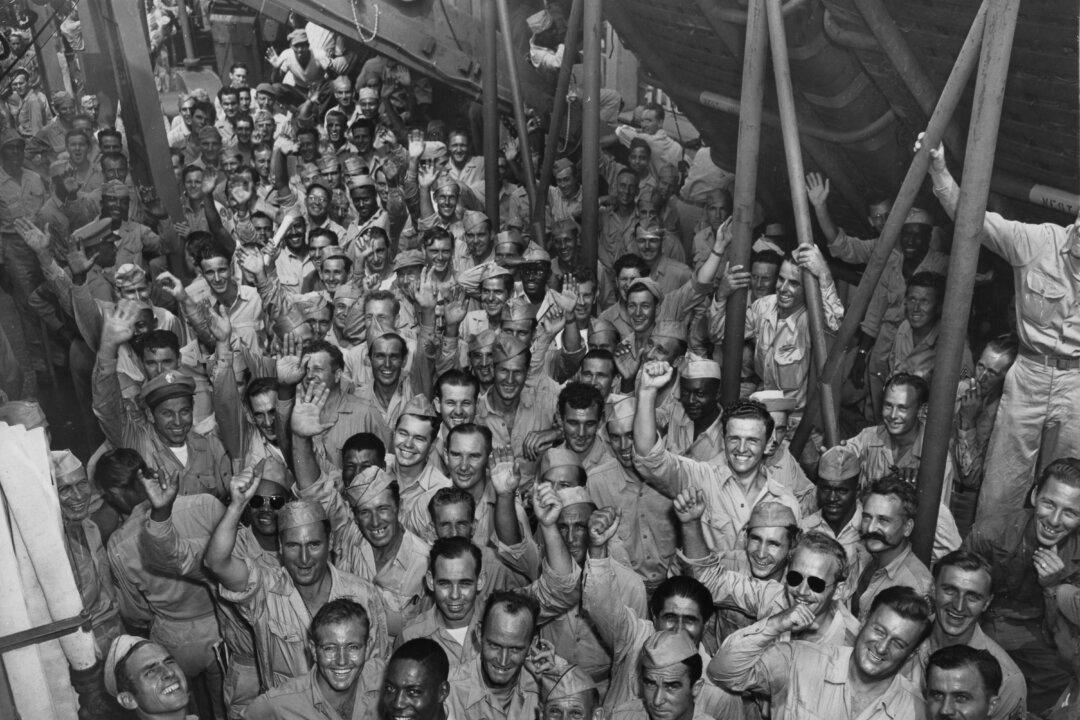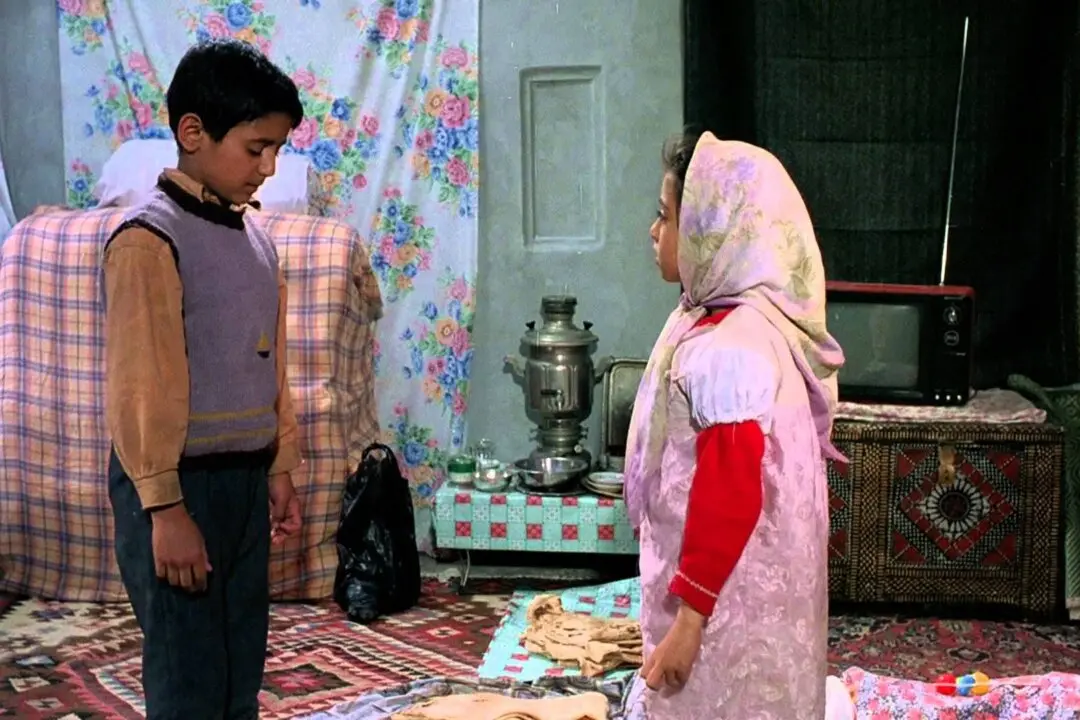NR | 1h 45min | Drama | 1946
Edward Dmytryck’s film, released the same year as William Wyler’s “The Best Years of Our Lives,” has a similar theme: ex-soldiers clawing their way back into peacetime. Dmytryck draws on Niven Busch’s novel “They Dream of Home” about young men, compelled too soon by war, to grow out of their youth.





